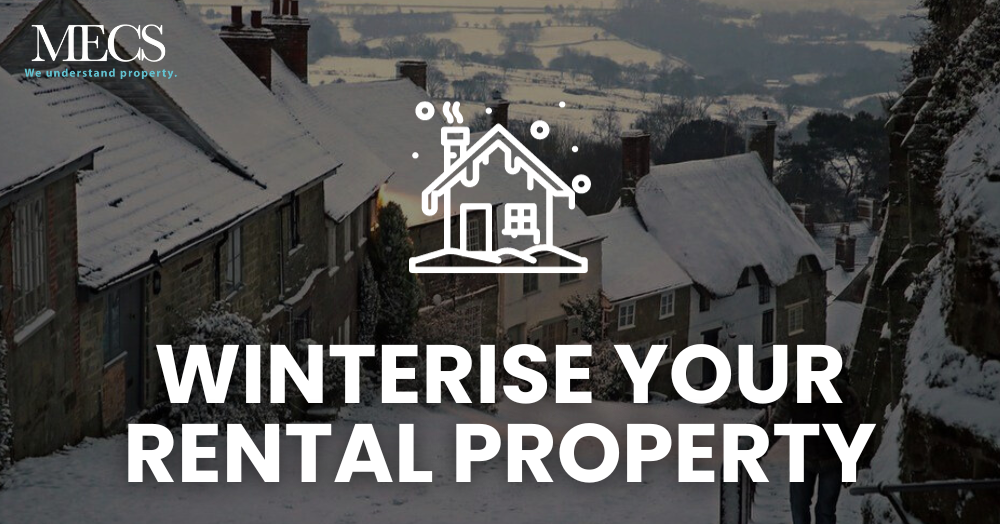As winter approaches, it's crucial for landlords to take proactive steps to protect their rental properties from the harsh weather conditions that accompany the season. Winterising your rental property not only ensures the comfort and safety of your tenants but also helps prevent costly damage.
Inspect and Seal Windows and Doors:
Check for any gaps or drafts around windows and doors that could let cold air in or warm air out. Properly sealing these areas with weather stripping or caulking will not only enhance energy efficiency but also keep utility costs down for both you and your tenants.
Service the Heating System:
Schedule a professional inspection and servicing for the heating system in each unit. This includes checking and cleaning the furnace, replacing filters, and ensuring that all components are in good working order. Adequate heating is essential for maintaining a comfortable living environment during winter.
Protect Pipes from Freezing:
Frozen pipes can lead to significant water damage. Insulate exposed pipes, especially those in basements, crawl spaces, or exterior walls. Encourage tenants to let faucets drip during extremely cold nights to prevent freezing. Providing them with information on how to locate and shut off the water main can be beneficial in case of emergencies.
Clear Gutters and Downspouts:
Remove debris, leaves, and other blockages from gutters and downspouts to ensure proper drainage. Clogged gutters can lead to ice dams, causing water to back up and potentially damage the roof and interior of the property. Regular maintenance is key to preventing costly repairs.
Winter Landscaping:
Trim tree branches that could potentially break under the weight of snow or ice and cause damage to the property. Clear the walkways and parking areas of snow promptly, ensuring safe access for tenants. Additionally, use ice melt or sand to reduce slip hazards.
Insulate the Attic:
Proper attic insulation is crucial for retaining heat within the property. Ensure that the insulation is in good condition and meets recommended standards. Adequate insulation not only helps regulate indoor temperatures but also contributes to energy efficiency.
Provide Winter Emergency Kits:
Equip your rental units with winter emergency kits that include essentials such as flashlights, blankets, extra batteries, and information on emergency contacts. This small gesture can go a long way in ensuring your tenants' safety and well-being during winter storms or power outages.
Communicate with Tenants:
Keep an open line of communication with your tenants throughout the winter season. Provide them with clear guidelines on winter maintenance responsibilities, emergency procedures, and how to report any issues promptly. Encouraging a proactive approach to property care can help prevent small issues from turning into major problems.
Conclusion:
By taking these smart steps to winterise your rental property, you not only protect your investment but also demonstrate your commitment to providing a safe and comfortable living environment for your tenants. Winterising is a collaborative effort between landlords and tenants, and with proper preparation, you can ensure a smooth and worry-free winter season for everyone involved. Our landlords never have to worry about these things as we take care of it on their behalf. If you would like your property managed by professionals so you don't need to worry about much, get in contact now!
0121 681 6327
info@mecsproperty.co.uk

